The word “metaverse” is a portmanteau of the prefix “meta” (meaning beyond) and “universe”; When you google the term metaverse, you’ll find several definitions. Wikipedia defines it as “a collective virtual shared space, created by the convergence of virtually enhanced physical reality and physically persistent virtual space, including the sum of all virtual worlds, augmented reality, and the Internet “.
Metaverse is a virtual twin of our physical world. In the context of Epic Games’ announcement, the metaverse will not just be a singular virtual universe. It will be the virtual universe, where everyone and anyone can exist as a digital human (i.e., avatar). The aim is that when it’s complete, our physical reality will merge with the digital world.
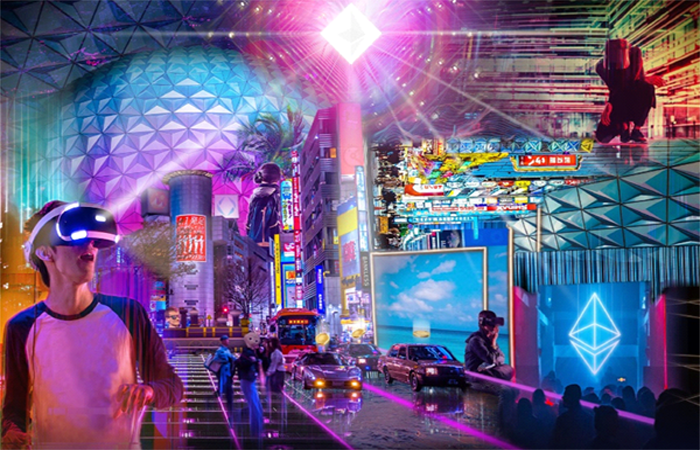
We are already seeing generations that prefer being online, the pandemic has also influenced the shift in some way. With online social events becoming the norm, “it’s inevitable that brands will play a significant role in the metaverse”. We are already seeing brands dip their toes in, it wasn’t long ago that Gucci created and sold virtual sneakers.
Tim Sweeney, the CEO of Epic Games, stated in court that: “Our aim of Fortnite is to build something like a metaverse from science fiction.” When pressed, he clarified by saying he meant “a virtual world for socializing and entertainment.” Early role-playing games like LukasArt’s Habitat (1986) did just this by inventing virtual, large-scale, graphics-based communities – aka “cyberspaces.”

We will see an increase in the creation of these massive, immersive virtual events in 2021. As the technical capabilities of the Metaverse expand, it will become possible for thousands of people to witness these events at the same time. These will push the boundaries of interactivity, where artists and fans converge to create new kinds of life experiences. Out of this, novel forms of entertainment will emerge, creating new Metaverse stars and launching careers similar to the rise of social media influencers.
The Metaverse will also enable remote work with 3D virtual meetings that support large companies and industry events, where one can watch presentations or network at a cocktail party. Creating together will also vastly expand in the Metaverse, from digital experiences, such as game design, to fashion and architecture.
Epic Games’ CEO, Tim Sweeney explained that the metaverse will allow people to experience new products for themselves “If you are a car manufacturer, your brand presence in the metaverse isn’t going to be a bunch of advertising for your cars. It’s going to be a place where you can drive the cars around and feel the experience of it”
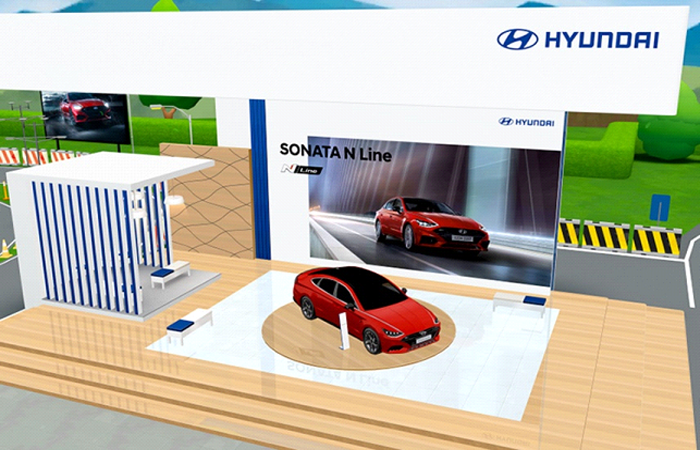
This will be a huge transition for brands and they will need to do their market research on their digital customers – “how people act and what their preferences are in the metaverse could be different than how they behave and what they shop for in real life.” This new era of the metaverse will massively affect society and this includes brands.
Still, during the lockdown, restrictions accelerated digital efforts, and money has been flowing into the sector. That said, instead of creating a full metaverse, we are currently only seeing small-scale experiments from brands, which could be the result of their trepidation.
Most of these revolve around innovations in a virtual fashion, gaming, and VR. Avatar startup Genies raised $65 million to develop its NFT marketplace, which allows users to create and trade tokenized avatars, clothing, and accessories. In May, the Epic Games idea showcase, Snap Partner Summit, featured new AR spectacles and the current collaborations it has instigated with Prada, Farfetch, Piaget, and MAC. It announced the acquisition of WaveOptics for more than $500 million.
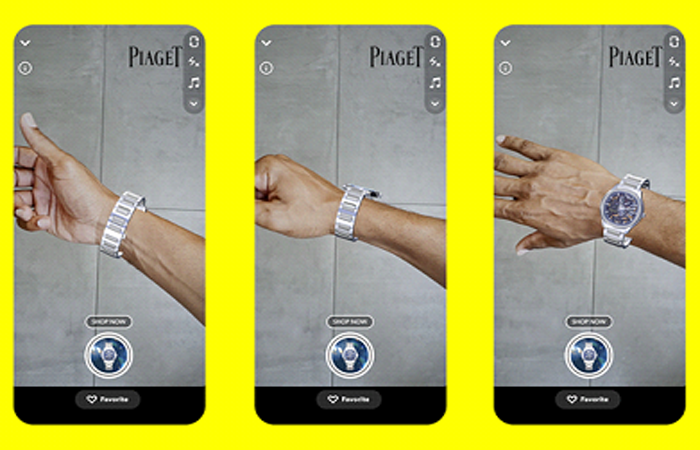
Burberry has been exploring this market heavily via the game Honor of Kings and its own video game, Afterworld: The Age of Tomorrow. Meanwhile, Louis Vuitton has designed skins for Riot Games’ League of Legends. From Charlotte Tilbury to Jo Malone, companies have recently created strong virtual experiences; the material science name Pangaia pioneered digital presentations with Anam XR while the Circular Fashion Summit went virtual, supplying headsets to long-distance attendees.
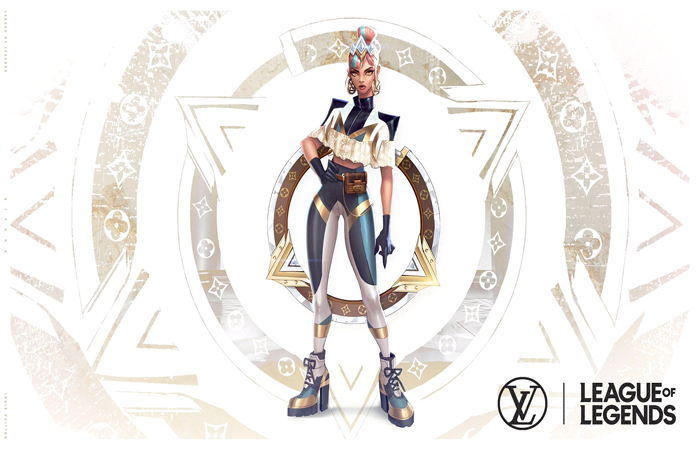
Recently, the Gucci Garden Experience on the digital fashion marketplace Roblox has been a notable barometer of interest in virtual fashion purchases. The luxury leader created a virtual locale with a pool, balloon arches, and, of course, a shopping space where the prices of some items exceeded IRL price tags (reaching above $4,000 or 350,000 Robux)
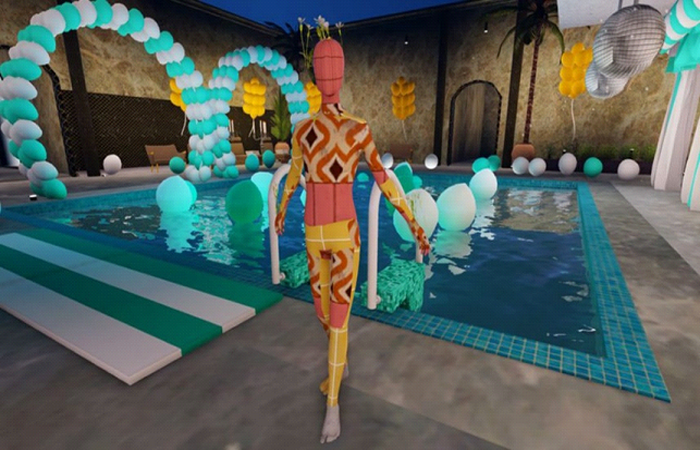
The possibilities are limitless and the digital space will continue to include things that we can’t imagine now. As the metaverse is created it is going to be fascinating.

SAVIO FERNANDES
About The Author: PGDLM Student Batch 10







